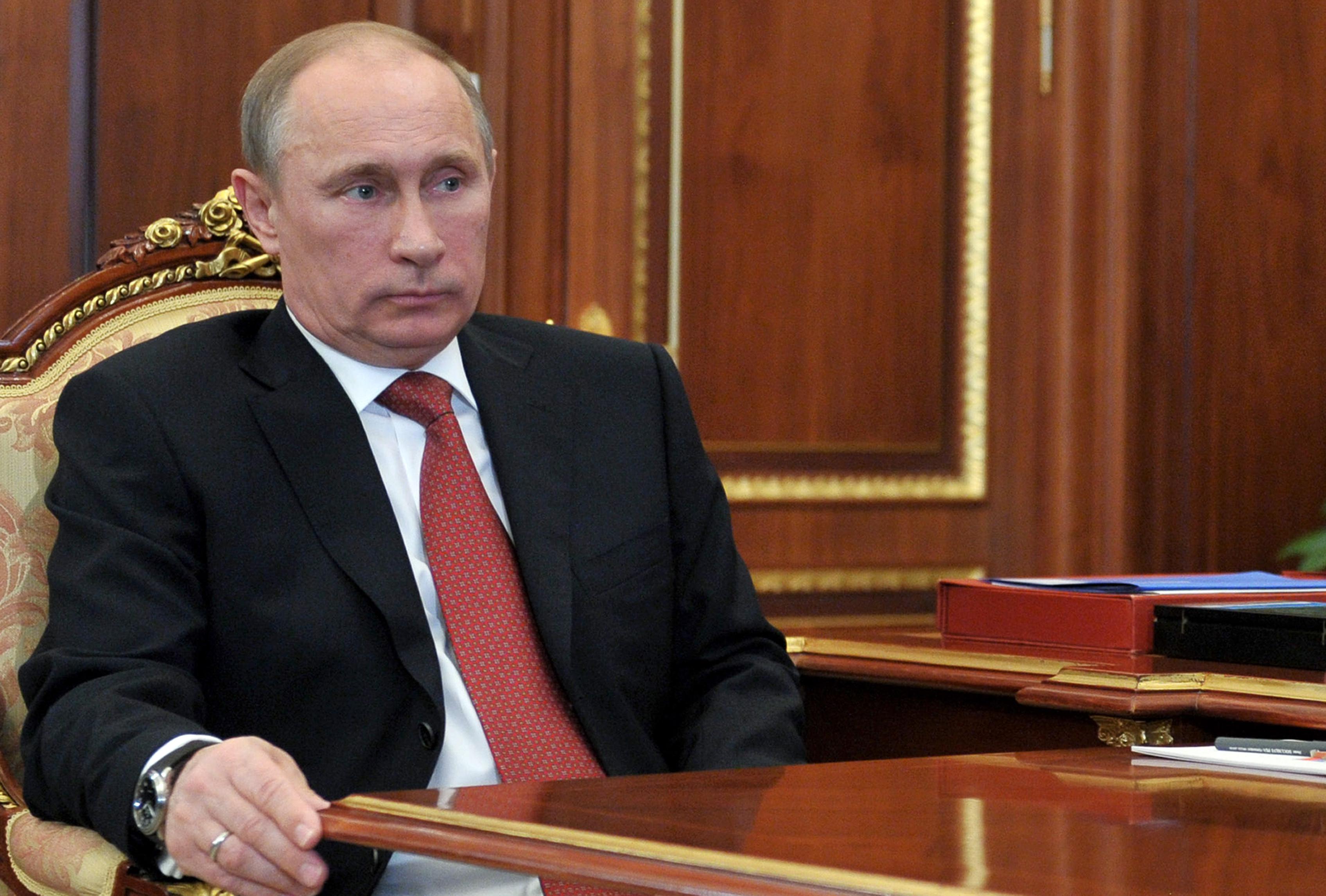I put up a quick story last night on the long and ignored history of American criticism vis-a-vis Russia’s policies in Chechnya. “Policies” is a weasel word, anyway: Since the late ‘90s and the second Chechen war, American hawks (I occasionally say “conservatives” in the piece, which is also true) have been enormously skeptical of Russia’s crackdown efforts, and credulous when Chechens have described “false flag” attacks against them. And then in the last 96 hours we’ve seen American commentators and politicians ask whether Putin was right all along.
One reader wrote in to call the story “snarky and superficial,” which, to be honest, I’m surprised I don’t hear more often:
You don’t remember, I take it—or never bothered to find out—that the original Chechen uprising against the Russians was not Islamist (it was led by a former Soviet general named Dudaev, who was not a salafist by a long shot) The means the Russians under Putin used to crush it were barbaric beyond belief, breeding, in part, the problem they’ve now got. But instead, you needed to write something about neocons, which is a much easier thing to do.
Here I’d just argue that, yes, the piece rushes through the history—you can read other great Slate stories for that—and that it’s not about “neocons.” It so happens that some of Russia’s most consistent critics are better known for their Iraq War advocacy, and their advocacy for intervention in Kosovo, because they were consistent. They wanted America to be a liberator state for moderate Muslims, against secular tyranny and radical Islam. Their skepticism isn’t dead, either, as Eli Lake explains:
“The FSB is mad at a lot of Chechens,” said Michael Hayden, the former director of the CIA and the National Security Agency, who noted that he did not know at this point whether there was enough intelligence to warrant a full-scale investigation into Tsarnaev in 2011. “Not all of them are terrorists, and even fewer of them are dangerous to the United States.”
